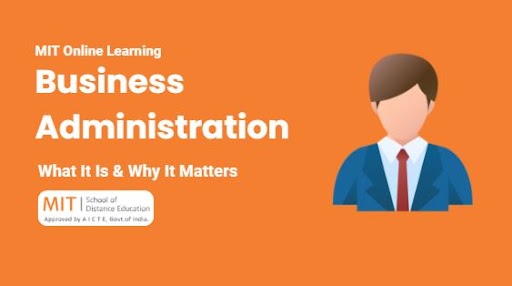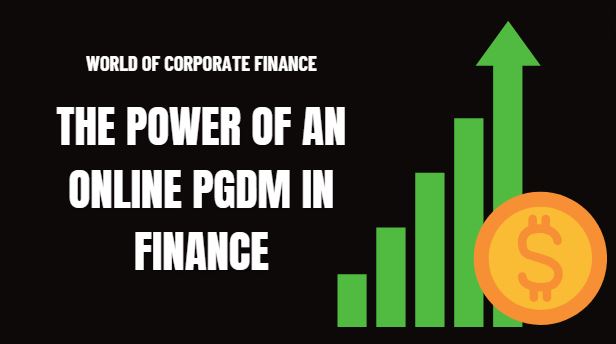
Managing your finances can often feel overwhelming, but one straightforward and effective approach is the 50/30/20 rule. Whether you’re new to budgeting or are looking for a more efficient way to manage your income, this rule can help you take control of your finances. In this blog, we’ll dive into how this rule works and how it can help you achieve your financial goals. Plus, we’ll explore how pursuing a PG Diploma in Finance can further enhance your financial management skills.
What is the 50/30/20 Rule?
The 50/30/20 rule is a simple guideline for budgeting that divides your after-tax income into three categories: needs, wants, and savings. Here’s how it breaks down:
- 50% for Needs: This portion of your income is dedicated to essential expenses that are necessary for your daily life. This includes rent or mortgage, utilities, groceries, transportation, and insurance. These are expenses that you can’t avoid if you want to live and work comfortably.
- 30% for Wants: This category covers non-essential expenses that improve your lifestyle. Think dining out, entertainment, subscriptions, or vacations. These are not necessary for survival, but they make life more enjoyable.
- 20% for Savings and Debt Repayment: This portion is crucial for securing your financial future. It includes contributions to savings accounts, retirement funds (like a 401(k) or IRA), emergency funds, and paying off any debts. It’s important to prioritize this category, especially if you are aiming to build wealth or get out of debt.
By adhering to the 50/30/20 rule, you can ensure that you’re covering your essential expenses, enjoying some discretionary spending, and investing in your future. Now, let’s look at how this rule can be a game-changer when you pursue advanced studies in finance, like a PGDM in Finance.
Why the 50/30/20 Rule is Important for Your Financial Health
Having a clear financial structure helps you avoid unnecessary debt and ensures you’re preparing for the future. When you allocate your income thoughtfully, you give yourself room to enjoy life today while also setting yourself up for long-term security. The 50/30/20 rule is an excellent way to stay disciplined with your finances, but there’s one more thing you can do to improve your financial literacy: Pursue a Post Graduate Diploma in Finance Management.
How a PGDM in Finance Can Enhance Your Financial Skills
Whether you’re aiming for a top PGDM finance program or want to enroll in a PG Diploma in Finance, investing in your financial education can be a game changer. A PGDM in Finance provides in-depth knowledge of financial management, investment strategies, and market analysis, helping you make smarter financial decisions for both personal and professional growth.
Here’s how the right program can help:
- Increased Financial Literacy: A PGDM in Finance offers specialized courses in financial management, which can deepen your understanding of budgeting, investing, and tax strategies. You’ll learn how to apply financial theories in real-world situations and enhance your financial decision-making.
- Career Growth Opportunities: A top distance PGDM finance program allows you to earn your degree while continuing to work, providing flexibility if you have a busy schedule. It can open doors to career advancement in finance-related roles such as financial analyst, investment manager, or portfolio manager.
- Improved Money Management Skills: By studying a PG Diploma in Finance, you will not only gain the tools to manage large-scale investments but also refine your personal finance habits. The knowledge gained from these programs can allow you to be more effective in adhering to strategies like the 50/30/20 rule.
How to Apply the 50/30/20 Rule While Pursuing a Finance Program
When you’re studying for a best PGDM finance management course or any finance-related program, it’s important to manage your finances efficiently. Here’s how you can apply the 50/30/20 rule while pursuing your degree:
- 50% for Needs: As a student, your basic needs will include tuition, books, transportation, and rent. This is your primary expense. Create a budget to ensure these needs are met without overspending.
- 30% for Wants: While pursuing your degree, it’s tempting to spend on gadgets, entertainment, and social activities. However, you should aim to limit this to 30% of your income or allowance.
- 20% for Savings and Debt Repayment: Education is an investment in your future, but it can also lead to student loans. Prioritize saving a portion of your income to build an emergency fund and start paying off any debt you might have.
If you’re enrolled in a PG Diploma in Finance program, you might also consider investing in a top PG Diploma in Finance course to further specialize your knowledge and boost your career prospects.
Why Choose a Top PGDM Finance Program in Pune?
If you’re considering pursuing a PGDM in Finance in Pune, you’ll find that Pune offers some of the best institutes with specialized finance management courses. The city is known for its educational institutions and proximity to numerous financial hubs, making it an ideal place to build your finance career.
A top PGDM finance program will not only teach you the technical skills needed in finance but also expose you to real-world applications, networking opportunities, and internships with leading firms.
Conclusion
The 50/30/20 rule is an easy and effective way to manage your finances. Whether you’re just starting out or you’re a seasoned financial planner, it can help you prioritize your needs, wants, and savings effectively. To take your financial skills to the next level, consider enrolling in a Post Graduate Diploma in Finance Management. These programs will provide you with the knowledge and skills necessary to advance your career and manage both personal and professional finances more effectively.
With careful budgeting and the right education, you can ensure long-term financial success and achieve your goals.



